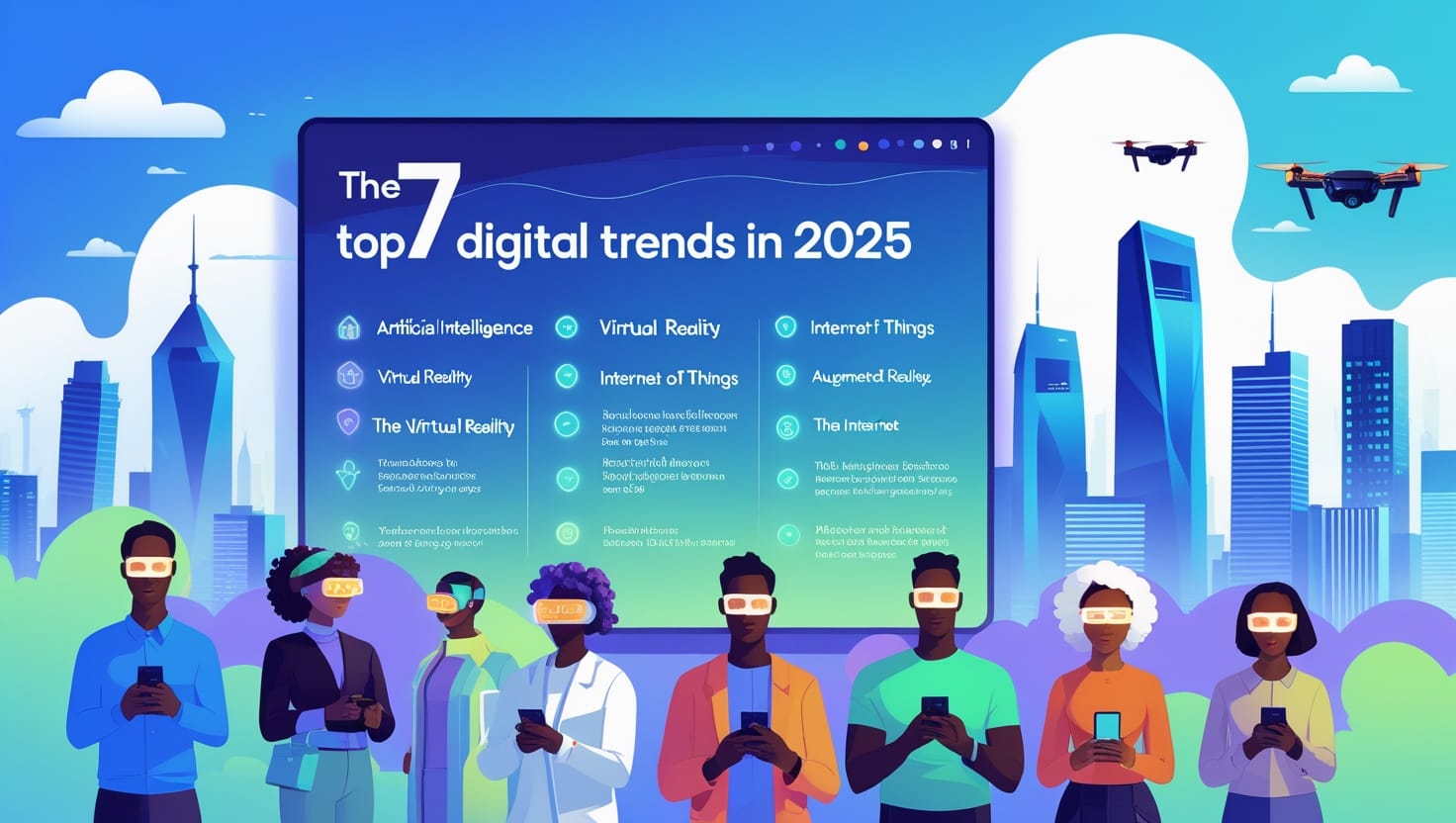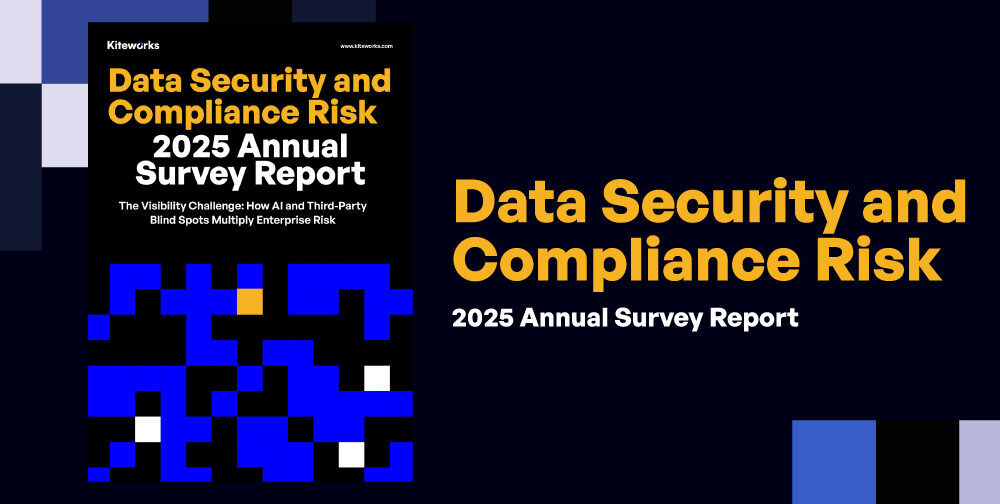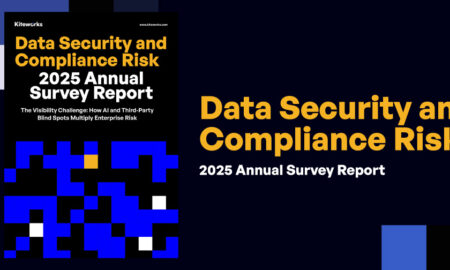Introduction
The year 2025 is proving to be a turning point in how people live, work, and do business. From artificial intelligence and automation to digital payments and online authority, technology is reshaping every part of our lives. Businesses that adapt to these digital trends are not only surviving but thriving, while those that resist change are struggling to stay relevant.
In this article, we’ll explore seven major digital trends in 2025 that are influencing both businesses and everyday life — and how you can prepare for the future.
1. Artificial Intelligence (AI) Everywhere
AI has moved beyond buzzword status. Today, it powers chatbots, personal assistants, predictive analytics, and even healthcare diagnosis. Businesses are using AI to automate customer service, reduce costs, and deliver personalized experiences. In daily life, AI is already part of how we shop, stream content, and even plan travel.
2. Automation in Daily Life
From self-checkout kiosks to smart home devices, automation is making tasks faster and easier. For businesses, automation means less time spent on repetitive tasks and more focus on strategy. For consumers, it means convenience — whether through robotic deliveries or digital assistants.
3. Rise of Digital Payments & E-Commerce
Digital wallets, contactless payments, and cryptocurrencies are becoming mainstream. E-commerce continues to dominate, with mobile shopping and subscription services shaping consumer behavior. Businesses that don’t embrace digital payments risk losing customers.
4. Content Authority & Online Trust
In a digital-first world, trust has become the new currency. People no longer follow content blindly; they seek credibility and authority. That’s why businesses and websites are focusing on building online authority through quality content and backlinks. According to insights shared on [YourWebsite], authority not only drives traffic but also improves brand reputation in the long run.
5. Remote & Hybrid Work Models
The workplace has changed permanently. Remote and hybrid setups allow employees to work from anywhere. Companies that invest in collaboration tools, cloud platforms, and cybersecurity are staying ahead. Meanwhile, workers enjoy better work-life balance and flexibility.
6. Data Privacy & Cybersecurity
As technology evolves, so do risks. Cyberattacks are becoming more sophisticated, and businesses are investing heavily in cybersecurity. On the consumer side, people are more conscious of how their personal data is used, leading to stricter regulations and demand for transparency.
7. Sustainable Technology & Green Innovation
Sustainability is no longer optional. From electric vehicles to renewable energy and eco-friendly business practices, technology is helping create a greener world. Consumers are actively choosing brands that demonstrate responsibility toward the planet.
Conclusion
The digital landscape in 2025 is dynamic and fast-paced. Businesses that embrace AI, automation, digital payments, and authority-building strategies will have a competitive edge. For everyday people, these innovations bring convenience, speed, and smarter solutions.
The future belongs to those who adapt. Whether you’re a startup, an established company, or an individual professional, staying updated with these trends will ensure success in the digital era.
FAQs
Q1: Why are digital trends in 2025 so important for businesses?
A: Digital trends are shaping how companies interact with customers, manage operations, and stay competitive. Businesses that adopt AI, automation, and digital payments gain efficiency, trust, and long-term growth.
Q2: How is Artificial Intelligence (AI) impacting everyday life?
A: AI now powers chatbots, voice assistants, personalized shopping, content recommendations, and even healthcare diagnostics, making daily life more convenient and tailored to individual needs.
Q3: What role does automation play in 2025?
A: Automation reduces repetitive tasks for businesses and adds convenience for consumers. From smart homes and robotic deliveries to automated checkout, it saves time and boosts efficiency.
Q4: Are digital payments safe and reliable?
A: Yes, digital payments such as wallets, contactless cards, and cryptocurrencies are supported by advanced security features. However, businesses and consumers must still follow cybersecurity best practices.
Q5: Why is online authority and trust so critical today?
A: With so much digital content, consumers rely on credibility before making decisions. Businesses that provide high-quality content and build strong authority online gain customer trust and long-term loyalty.
Q6: Will remote and hybrid work continue to grow?
A: Absolutely. Remote and hybrid models have proven effective, offering flexibility to employees while helping businesses reduce costs and access global talent.
Q7: How are cybersecurity and data privacy evolving in 2025?
A: Cyber threats are becoming more advanced, leading to stricter data regulations and higher investment in cybersecurity. People also demand greater transparency in how companies use personal data.
Q8: What is sustainable technology, and why does it matter?
A: Sustainable technology includes eco-friendly practices like renewable energy, electric vehicles, and green innovations. Consumers prefer brands that prioritize environmental responsibility, making it both an ethical and profitable choice.
Q9: How can small businesses adapt to these digital trends?
A: Small businesses can start by adopting affordable tools for AI, digital payments, and online content building. Gradual adaptation ensures they stay competitive without overwhelming costs.
Q10: What’s the biggest takeaway from digital trends in 2025?
A: The key is adaptability. Whether through AI, automation, digital payments, or sustainability, businesses and individuals who embrace change will thrive in the fast-paced digital era.





























